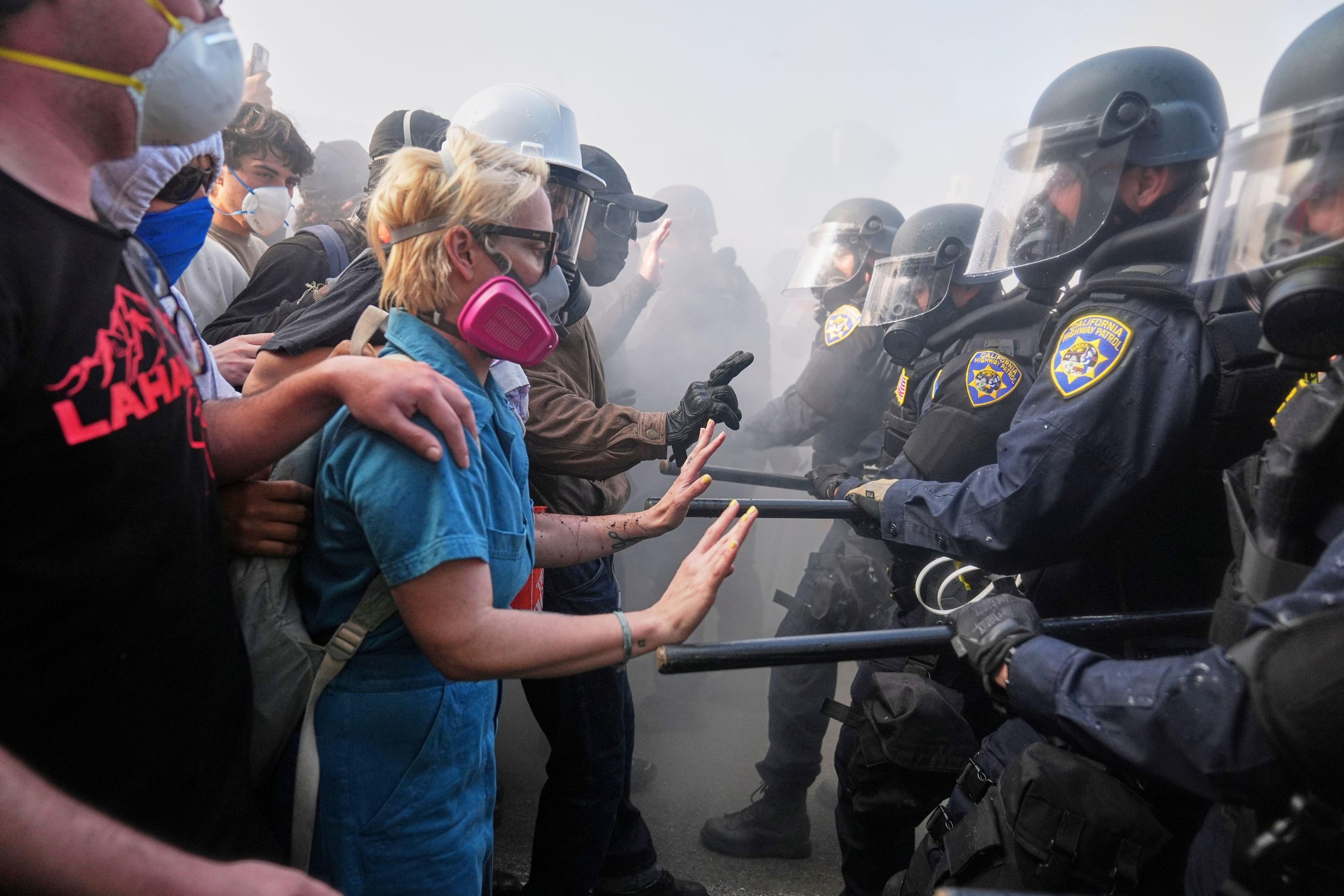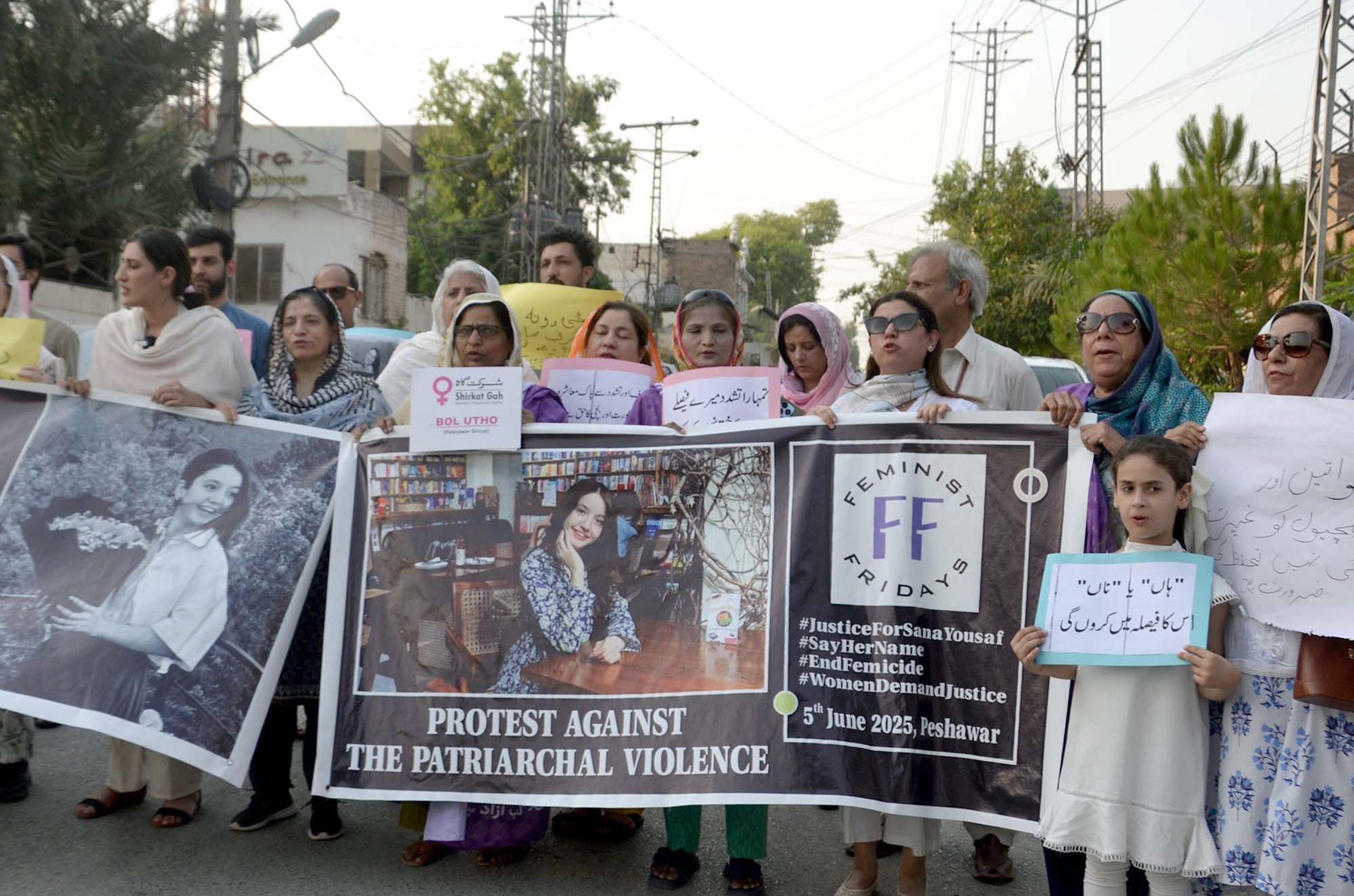The former French colony of the Republic of Congo in West Africa is one of the world’s poorest countries, with 70 per cent of the population living on less that $1 a day.
Although Congo has produced oil for more than three decades, its four million people have seen few benefits. The struggle to control the country’s oil wealth has contributed to its recent history of civil war and autocratic government. Congo is a vivid illustration of the ‘resource curse’, whereby developing countries rich in oil and minerals are in fact often poorer, more divided and more unstable than those without natural resources.
Global Witness has been reporting on Congo since 2003. Management of oil revenues is highly opaque in the country. In particular, there are serious conflicts of interest among public officials. The IMF and independent auditors have revealed hundreds of millions of dollars of state oil being sold under price through private companies controlled by top officials, and there are huge discrepancies between the oil sold and the money actually reaching the Treasury. In 2006, even after Congo had promised to clean up its public finances in return for debt relief, there was over $200 million unaccounted for according to the IMF.
In June 2007, Global Witness obtained documents including credit card statements and company records relating to the two senior officials at Cotrade, the state agency that sells oil for the Congolese government. The head of Cotrade is Denis Christel Sassou-Nguesso, who also happens to be president’s son. The documents showed that over two years, Sassou Junior and his deputy, Blaise Elenga, had spent hundreds of thousands of dollars on what appear to be personal purchases, including luxury goods.
They also showed that these bills were paid by shell companies owned by the two men, which had received money, via other shell companies, that appeared to be related to sales of state oil by Cotrade.
Global Witness published the documents on the basis that they were already in the public domain, having been read out or referred to in the Hong Kong court in a case taken by a creditor of Congo. There were strong public-interest grounds for publishing the documents given that, as the London court later found, there was an ‘obvious possible inference’ that the payments represented ‘secret personal profits’ on transactions which were supposed to benefit the Congolese government and people.
After Global Witness published the documents on its website, Sassou Nguesso and his company Long Beach obtained an injunction from Hong Kong ordering Global Witness to take down his credit card statements and the company records of Long Beach. As Global Witness is not subject to the jurisdiction of the Hong Kong court, they sought to enforce this order in the UK.
The London High Court decision of 15 August was a resounding defeat for Sassou Nguesso. Firstly, Mr Justice Burnton dismissed the argument that the London court was bound to uphold the Hong Kong order on the principle of comity, or reciprocity between jurisdictions.
He also ruled that the documents had lost their confidentiality by being referred to or read out in open court in Hong Kong and by being widely disseminated by various media outlets after being published by Global Witness. Furthermore, he stated that there was an ‘important public interest’ in the publication of the documents and that it was ‘unlikely’ that the claimants would be able to show that their right to privacy under Article 8 of the European Convention on Human Rights was greater than Global Witness’s right to free expression under Article 10.
Justice Burnton concluded: ‘Once there is good reason to doubt the propriety of the financial affairs of a public official, there is a public interest in these affairs being open to public scrutiny.’ Most damning for the complainants was his assessment that the documents ‘unless explained, frankly suggest’ that Sassou Nguesso and his company are ‘unsavoury and corrupt’.
The effect of the judgment is to ensure that documents will remain in the public domain for Congo’s citizens, who have very little access to such information in their own country, and other concerned parties to scrutinize. In a world where powerful figures all too frequently resort to the courts to try and silence legitimate concerns about their affairs, and where the costs incurred by public interest groups in defending themselves are truly daunting, it is a resounding victory for free speech.





